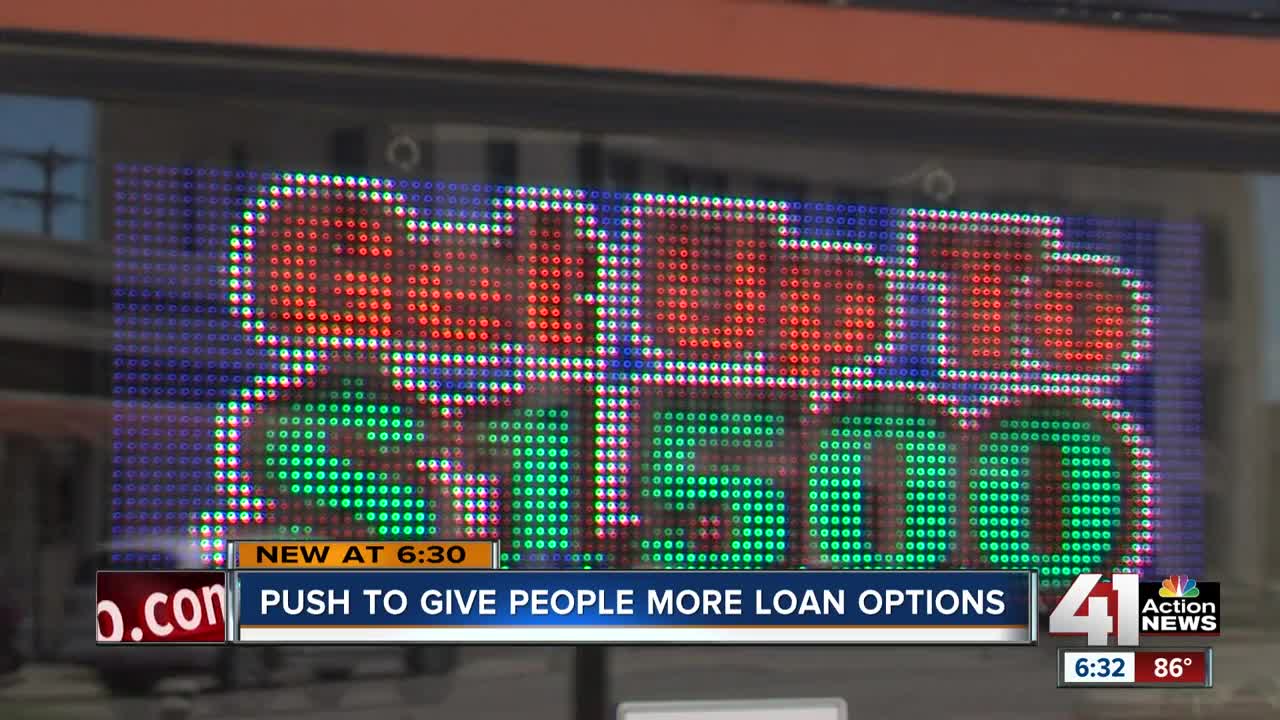KANSAS CITY, Mo. -- Local businessman Richard Moseley, who ran a fraudulent payday lending scheme, is required to pay a civil money fee of $1, because he's unable to pay back the $69 million he made in profit.
"There should be real restitution that these individuals are required to pay for the fraud, years of fraud, that they have perpetuated on people right here in this city," said Seft Hunter, the executive director for Communities Creating Opportunity.
While Moseley and his son charged illegal interest rates and withdrew money from people who never even got a loan, Missouri still has one of the highest legal payday loan interest rates. The rate is usually around 450 percent, but it is legal up to nearly 2,000 percent.
"It's like legal robbery," said Stephanie White, who has taken out a payday loan in the past.
White says her daughter almost lost her truck because she got a payday loan.
"Some people get in binds and they can't pay them back. But you know what, guess what? Who cares? They don't. They're not lowering their interest-rate," White said.
There aren't many other options for people in the inner city who find themselves in a bind, and that's what local organizations are working to fix.
"We've heard from a lot of people that are waiting for us to open up the doors," said Gwen Washington, newly appointed CEO for WeDevelopment Federal Credit Union.
WeDevelopment is aiming to open in late fall at the Linwood Shopping Center to be the needed alternative for folks who don't have credit or a checking account.
Washington says folks in the inner city can't always borrow from family members, so the only options are title loans and payday loans.
You'll find several payday lending buildings on one block alone all throughout the inner city.
Communities Creating Opportunity joins many other community advocates in criticizing payday lenders for targeting low-income people of color.
Washington and Hunter agree lenders need to focus more on education.
The Consumer Financial Protection Bureau said this year they'd reverse tougher regulations the former administration set for payday lenders. Under the regulations, which were supposed to go into effect in 2019, payday lenders wouldn't be able to lend to people they knew couldn't pay back the loan, nor would they be able to continually withdraw money from accounts.
Hunter says his organization is calling on local lawmakers to do something.
"Part of what the local remedy, and maybe in some ways national legislation, is needed is to provide real alternatives. We know people need access to credit," Hunter said.
Recently, Ohio enacted sweeping restrictions on payday lenders. Hunter says Missouri needs to follow.




